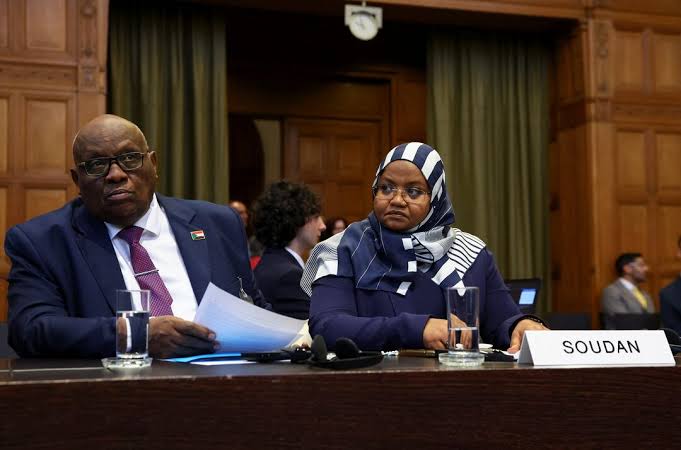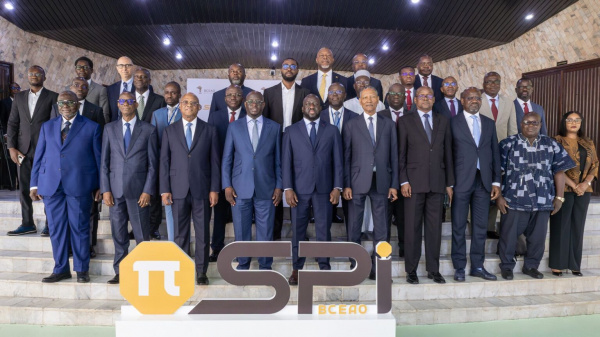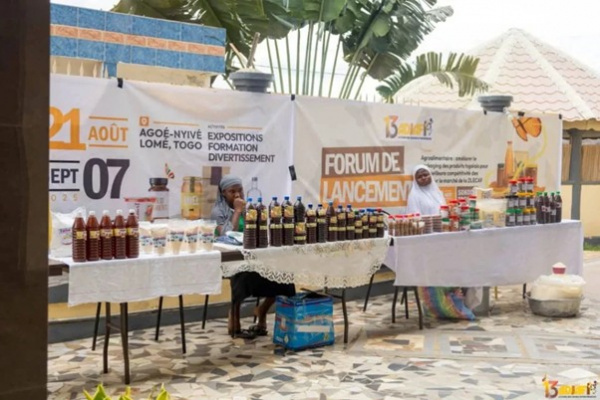On Thursday, Sudan presented its case to the International Court of Justice, alleging that the United Arab Emirates is breaching the Genocide Convention by providing support to paramilitary forces in Darfur. Sudan requested that the judges issue emergency preventative measures.
This complaint, filed with the Hague-based ICJ—commonly referred to as the World Court—relates to severe ethnic-based assaults carried out by the paramilitary Rapid Support Forces and allied Arab militias against the non-Arab Masalit tribe in West Darfur during 2023, as extensively reported by Reuters.
The UAE has consistently characterized the case as a political maneuver.
“The genocide against the Masalit is being perpetrated by the Rapid Support Forces, which are believed to be Arab from Darfur, with the backing and complicity of the United Arab Emirates,” stated Sudan’s acting justice minister, Muawia Osman, before the United Nations’ highest court.
In January, the U.S. classified the attacks on the Masalit as genocide.
Sudan accuses the UAE of supplying arms to the RSF, which has been engaged in a two-year civil war against the Sudanese army—a claim the UAE refutes, although U.N. experts and U.S. lawmakers have found it credible.
“There was no credible evidence presented to support (Sudan’s) claims,” remarked Reem Ketait, a senior official at the UAE’s foreign affairs ministry, following Sudan’s presentation.
Earlier, she described the court case as a “cynical and baseless PR stunt” to journalists.
The Sudanese justice minister urged the court to mandate the UAE to take measures to prevent genocidal actions against the Masalit.
See more: Tanzania Permits Visa-free Travel for Angolan Citizens.
Given that cases before the ICJ can take years to resolve, states may request emergency measures to prevent escalation of the dispute in the interim.
The UAE is set to present its defense to the ICJ judges later on Thursday, likely arguing that the court lacks jurisdiction in this matter.









